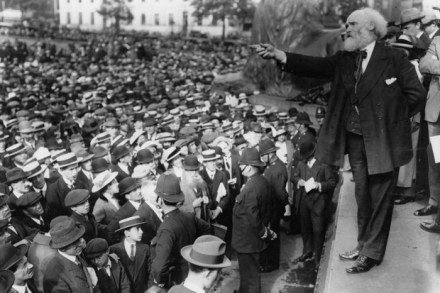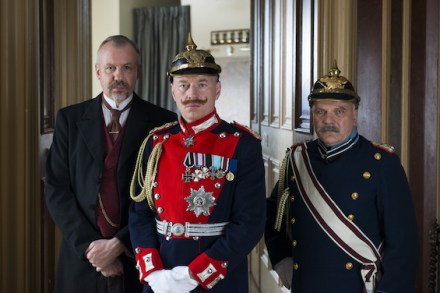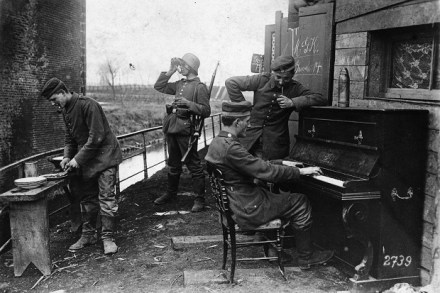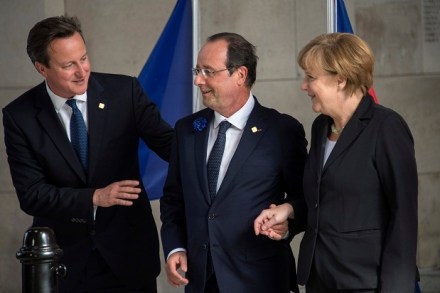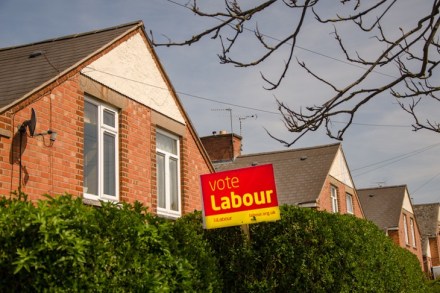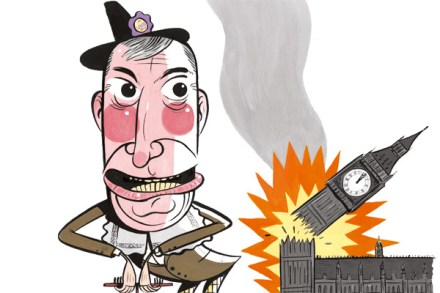Six decades and two chat-up lines
Gstaad In this freewheeling Swiss village of the 1950s, the unconventional was the norm and monumental drinking commonplace, but the manners of the players were always impeccable. Yes, there were ladies of lower-class parentage and with a dubious past, but they covered it up with a grand manner and an affected aristocratic confidence they had learned through experience. That’s how things were back then. The slags that pass as celebrities today would not have lasted a minute. Some might think it snobby, but it was nothing of the kind. One just had to act in a certain manner and that is all. Everyone knew where everyone else came from, so



